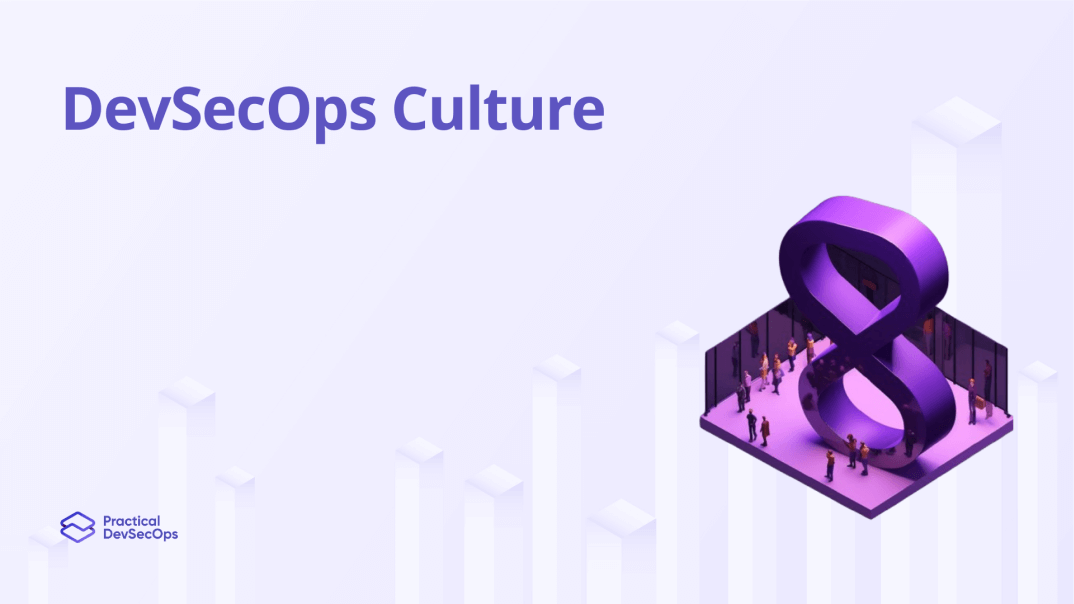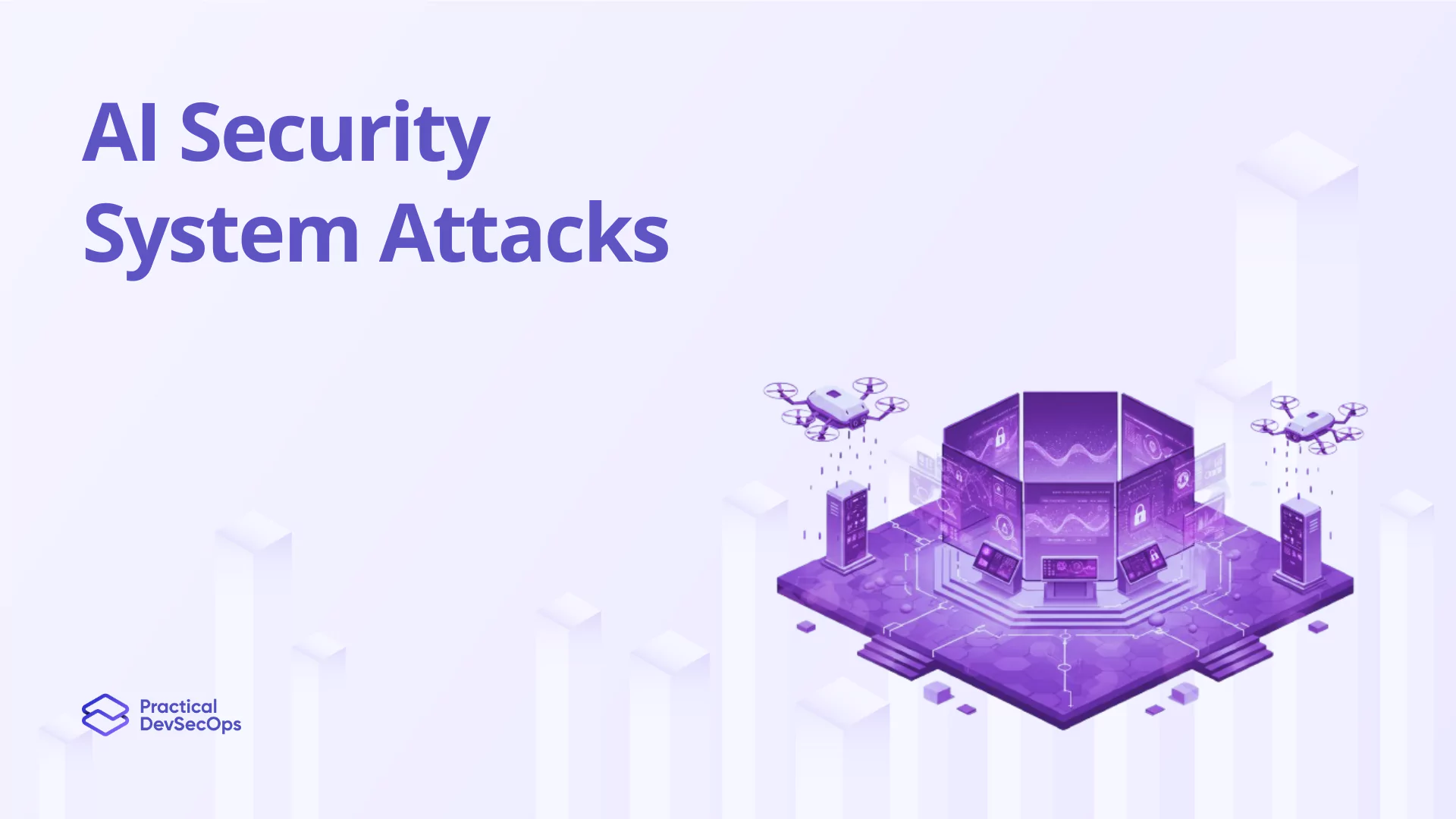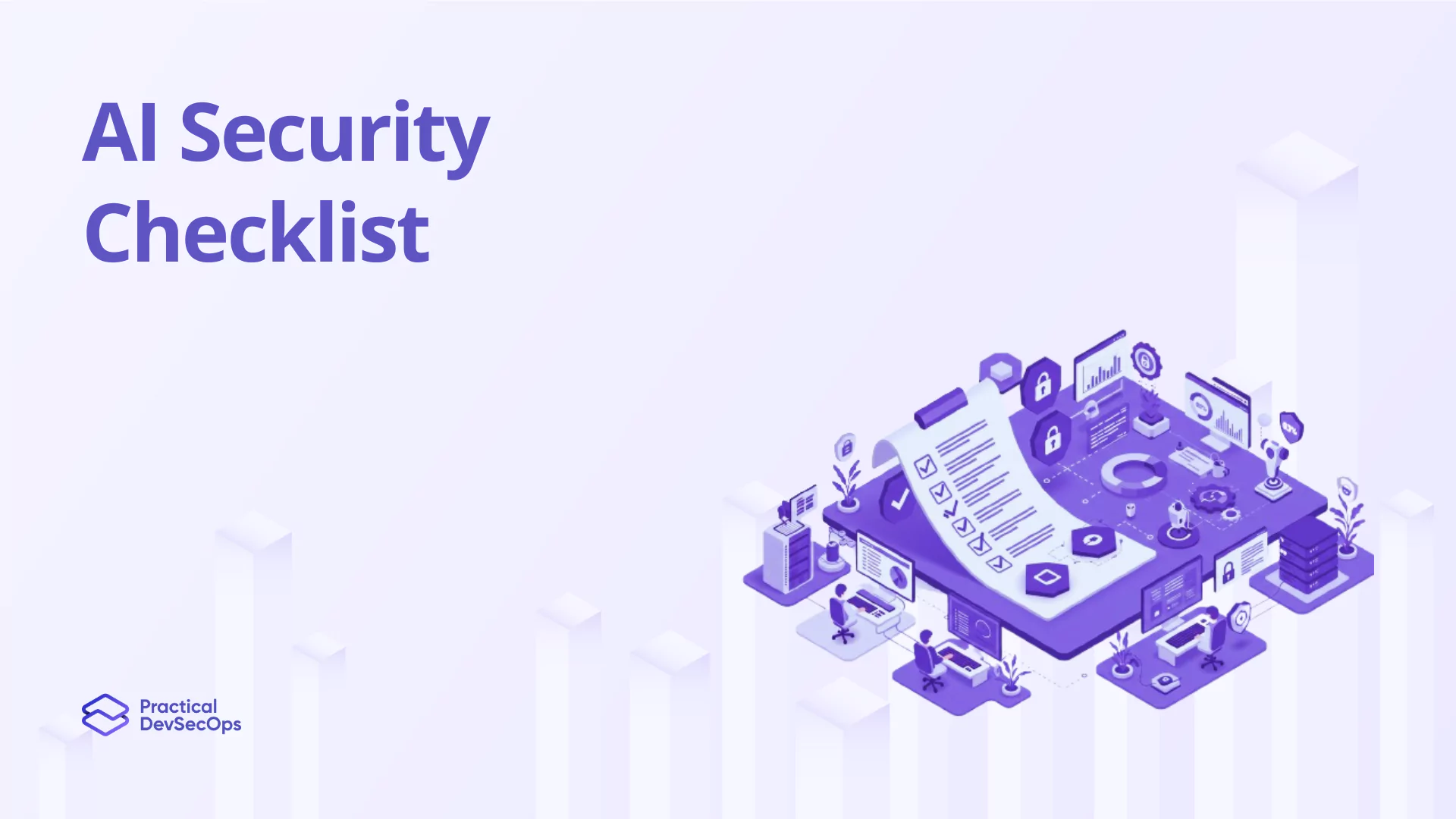In the world of software development, the need for secure applications has never been greater. Enter DevSecOps – a cultural shift that emphasizes collaboration and shared responsibility between development, security, and operations teams. In this article, we will explore the importance of DevSecOps culture and its role in integrating security into the development lifecycle.
Understanding DevSecOps Culture
DevSecOps is a cultural shift in software development that strives to incorporate security practices and principles from the very beginning. It emphasizes the collaboration and integration of development, operations, and security teams to create a robust and secure software delivery pipeline.
Benefits of DevSecOps Culture
- Early Detection of Vulnerabilities: By integrating security measures throughout the development lifecycle, vulnerabilities can be detected early on. This proactive approach minimizes the potential impact of security issues and reduces the time and effort required for remediation.
- Faster Remediation: DevSecOps streamlines the identification and remediation of security issues by including security as a fundamental aspect of the development process. This enables teams to address vulnerabilities and weaknesses quickly, ensuring the continuous delivery of secure software.
- Improved Communication and Collaboration: DevSecOps encourages cross-functional collaboration between development, operations, and security teams. By bringing these stakeholders together, organizations can foster effective communication, share knowledge, and align security objectives with business goals.
- Enhanced Security Awareness: DevSecOps cultivates a security-conscious culture among developers and operations teams. It raises awareness of security best practices, encourages secure coding standards, and ensures that security considerations are ingrained in every stage of the development process.
Key Principles of DevSecOps Culture
1. Shift Left: Integrating Security Early
DevSecOps promotes the implementation of security controls and practices as early as possible in the development cycle. By integrating security from the beginning, organizations can identify and address vulnerabilities at their root, minimizing the potential risks associated with late-stage discoveries.
Also Read, How to Implement an Effective DevSecOps Team
2. Automation of Security Processes
Automation plays a vital role in DevSecOps. By automating security testing, code analysis, vulnerability scanning, and compliance checks, organizations can ensure consistent and reliable security controls throughout the software delivery pipeline. Automation also enables faster feedback loops and rapid remediation of identified issues.
3. Shared Responsibility
DevSecOps emphasizes the shared responsibility of security among different teams. Developers, operations personnel, and security experts collaborate closely to understand and address security challenges collectively. This shared responsibility helps break down silos and foster a holistic approach to security.
Also Read, DevSecOps Best Practices
4. Continuous Monitoring and Feedback
DevSecOps embraces continuous monitoring and feedback to identify security gaps. By implementing comprehensive monitoring tools and feedback mechanisms, organizations can gain real-time insights into the security posture of their systems and applications. This continuous feedback loop enables timely remediation and continuous improvement.
Also Read, Best DevSecOps Tools
Example: Consider a scenario where a development team adheres to the principles of DevSecOps culture. Throughout the development process, they integrate security testing, perform automated vulnerability scanning, and conduct regular code reviews. As a result, they identify and fix security flaws early on, ensuring the final product is resistant to common attacks.
Also read, Why DevSecOps is a Good Career Option?
Conclusion
Embracing the DevSecOps culture is crucial in today’s rapidly evolving security landscape. By integrating security from the beginning, organizations can proactively address vulnerabilities, foster collaboration among teams, and ensure the continuous delivery of secure software. With a shared responsibility for security, automation of security processes, and continuous monitoring, DevSecOps enables organizations to build a more resilient and secure development ecosystem.
Interested in Upskilling in DevSecOps?
Practical DevSecOps offers an excellent Certified DevSecOps Professional (CDP) course with hands-on training through browser-based labs, 24/7 instructor support, and the best learning resources to upskill in DevSecOps skills.
Start your team’s journey mastering DevSecOps today with Practical DevSecOps!







0 Comments